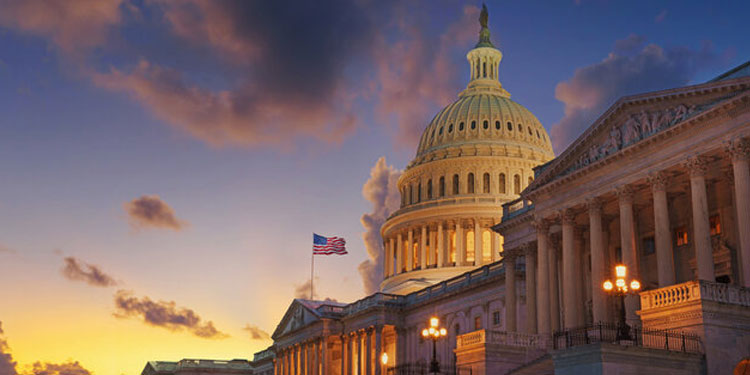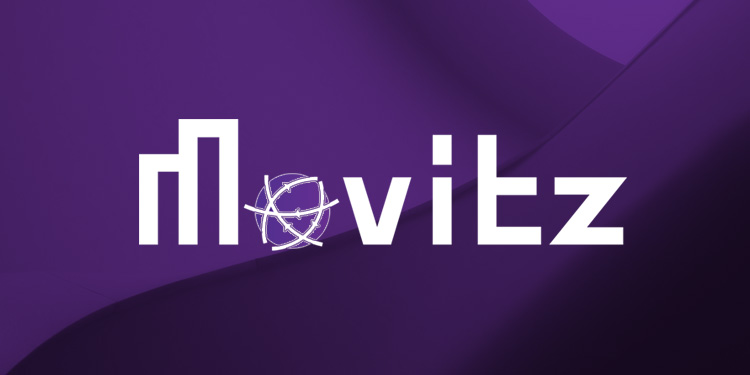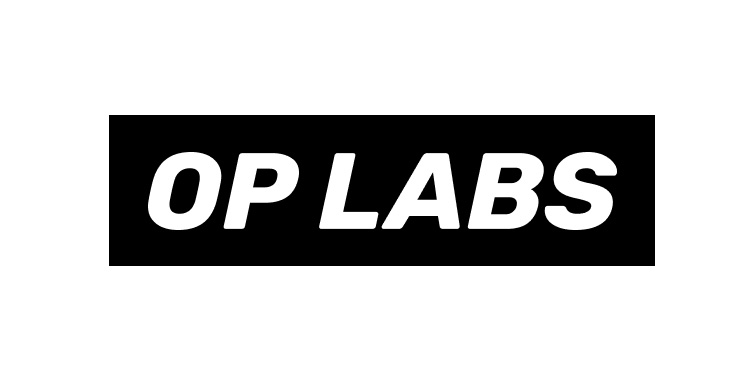A bipartisan group of U.S. lawmakers is advancing a new legislative proposal intended to strengthen the nation’s leadership in blockchain technology. Spearheaded by Senator Bernie Moreno of Ohio, the bill aims to establish a formal advisory body under the Department of Commerce and elevate blockchain’s role in national technology policy. Senators Lisa Blunt Rochester from Delaware and Tim Sheehy of Montana, both newcomers to the Senate, have joined Moreno in co-sponsoring the initiative.
According to the proposal, the legislation would authorize the creation of a “National Blockchain Deployment Advisory Committee.” This committee would operate within the Department of Commerce and focus on guiding the development and implementation of blockchain technologies across the country. Moreover, the commerce secretary would assume a central advisory position to the President regarding blockchain and distributed ledger technologies (DLTs), reflecting a notable expansion of responsibilities in the evolving digital economy.
The bill carries personal significance for Senator Moreno, who entered public office following a career that included founding a blockchain-based enterprise focused on digital vehicle titles. His firsthand experience with the technology has reportedly influenced his policy direction. While blockchain technology has a broad range of applications—spanning supply chain management, health data security, and digital identity—its most prominent and debated use remains within the cryptocurrency sector.
Moreno’s ascent to the Senate was notably supported by substantial backing from the cryptocurrency industry. Reports indicate that his campaign benefitted from extensive advertising support amounting to tens of millions of dollars. The success of his campaign resulted in unseating former Senate Banking Committee Chair Sherrod Brown of Ohio, and Moreno has since taken a seat on the same committee, positioning himself at the heart of federal financial technology discussions.
Interest in digital assets and blockchain technology has become a defining theme for the 119th Congress as well as the current administration. Earlier this year, the White House took steps by launching its own working group focused on the digital asset markets, signaling a growing federal interest in shaping and regulating the sector.
The legislative momentum is also being mirrored in the House of Representatives. Florida lawmakers Kat Cammack, a Republican, and Darren Soto, a Democrat, have introduced a parallel bill with a structure similar to the Senate version. Although the House and Senate versions are not officially coordinated, they share common objectives. The House bill also seeks to appoint the commerce secretary as a key advisor on blockchain matters and proposes the establishment of a “Blockchain Deployment Program” within the Department of Commerce.
This legislative push reflects a growing consensus across party lines on the need for federal leadership in blockchain development. Supporters of the bill suggest that the emerging technology could offer significant benefits to both public infrastructure and private innovation. By creating an institutional framework within the Department of Commerce, lawmakers aim to ensure that the United States remains competitive in what is rapidly becoming a critical pillar of global digital transformation.









